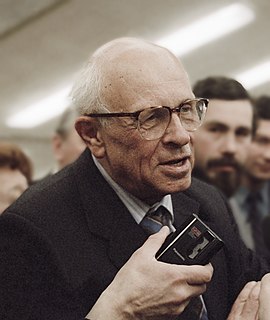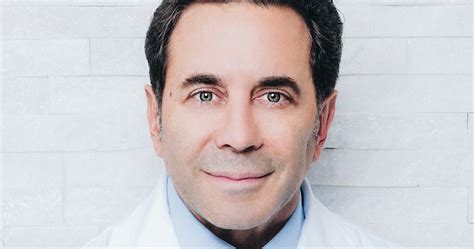A Quote by Thomas Jefferson
That the enthusiasm which characterizes youth should lift its parricide hands against freedom and science would be such a monstrous phenomenon as I cannot place among possible things in this age and country.
Related Quotes
Crabbed age and youth cannot live together; Youth is full of pleasure, age is full of care; Youth like summer morn, age like winter weather; Youth like summer brave, age like winter bare. Youth is full sport, age's breath is short; Youth is nimble, age is lame; Youth is hot and bold, age is weak and cold; Youth is wild, age is tame. Age, I do abhor thee; youth, I do adore thee.
I would injure no man, and should provoke no resentment. I would relieve every distress, and should enjoy the benedictions of gratitude. I would choose my friends among the wise and my wife among the virtuous, and therefore should be in no danger from treachery or unkindness. My children should by my care be learned and pious, and would repay to my age what their childhood had received.
I do not regret my youth and its beliefs. Up to now, I have wasted my time to live. Youth is the true force, but it is too rarely lucid. Sometimes it has a triumphant liking for what is now, and the pugnacious broadside of paradox may please it. But there is a degree in innovation which they who have not lived very much cannot attain. And yet who knows if the stern greatness of present events will not have educated and aged the generation which to-day forms humanity's effective frontier? Whatever our hope may be, if we did not place it in youth, where should we place it?
It is one thing to say that science is only equipped to test for natural causes and cannot speak to any others. It is quite another to insist that science proves that no other causes could possibly exist. . . . There would be no experimental model for testing the statement: 'No supernatural cause for any natural phenomenon is possible.' It is therefore a philosophical presupposition and not a scientific finding.
By a declaration of rights, I mean one which shall stipulate freedom of religion, freedom of the press, freedom of commerce against monopolies, trial by juries in all cases, no suspensions of the habeas corpus, no standing armies. These are fetters against doing evil which no honest government should decline.
Intellectual freedom is essential -- freedom to obtain and distribute information, freedom for open-minded and unfearing debate and freedom from pressure by officialdom and prejudices. Such freedom of thought is the only guarantee against an infection of people by mass myths, which, in the hands of treacherous hypocrites and demagogues, can be transformed into bloody dictatorship.
Poetry is related to philosophy as experience is related to empirical science. Experience makes us acquainted with the phenomenon in the particular and by means of examples, science embraces the whole of phenomena by means of general conceptions. So poetry seeks to make us acquainted with the Platonic Ideas through the particular and by means of examples. Philosophy aims at teaching, as a whole and in general, the inner nature of things which expresses itself in these. One sees even here that poetry bears more the character of youth, philosophy that of old age.
Youth should be kept strangers to all that is bad, and especially to things which suggest vice or hate. When the five years have passed away, during the two following years they must look on at the pursuits which they are hereafter to learn. There are two periods of life with reference to which education has to be divided, from seven to the age of puberty, and onwards to the age of one and twenty.
If an American, because his skin is dark, cannot eat lunch in a restaurant open to the public, if he cannot send his children to the best public school available, if he cannot vote for the public officials who represent him, if, in short, he cannot enjoy the full and free life which all of us want, then who among us would be content to have the color of his skin changed and stand in his place? Who among us would then be content with the counsels of patience and delay?
Whilst we assert for ourselves a freedom to embrace, to profess and observe the Religion which we believe to be of divine origin, we cannot deny equal freedom to those whose minds have not yet yielded to the evidence which has convinced us. If this freedom be abused, it is an offense against God, not against man:To God, therefore, not to man, must an account of it be rendered.






























